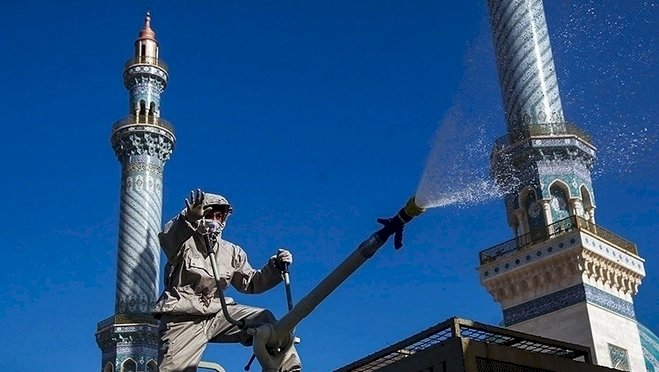Last week, Defence Connect published an article on realism and the coronavirus pandemic. That article touched on the role realism plays in the US and Iranian responses, while this article will be taking a deeper dive into the subject as Trump and his leadership come under pressure to ease sanctions on Iran despite rising tensions coming to a head this year.
Iran was one of the first countries outside of China to feel the brunt of the spread of COVID-19. At the time of writing, figures through John Hopkins University are showing 60,500 coronavirus cases in Iran since the outbreak and 3,739 deaths, however, the real number is likely higher due to inaccurate recording or underestimates of the extent of the spread within Iran.
On 19 March, the spokesperson for Iran’s Health Ministry tweeted that every hour almost 50 people contract the virus and every 10 minutes one person dies because of COVID-19 across the country. As the burden on the country’s debilitated health care system has dramatically increased, the broad US economic sanctions resulting in severe international banking restrictions have drastically constrained the ability of the country to finance humanitarian imports, including medicines and medical equipment.
Humanitarian needs
Tehran and Washington have both been criticised for their response to the growing crisis in Iran.
“It’s bad enough that Iranians are saddled with a brutal, self-serving government that refuses to even release wrongfully detained people in crowded prisons despite the risk of coronavirus,” said Kenneth Roth, executive director at Human Rights Watch. “But it is wrong and callous for the Trump administration to compound Iranians’ misery by depriving them of access to the critical medical resources they urgently need.”
Read the article by Dylan Nicholson in Defence Connect.

